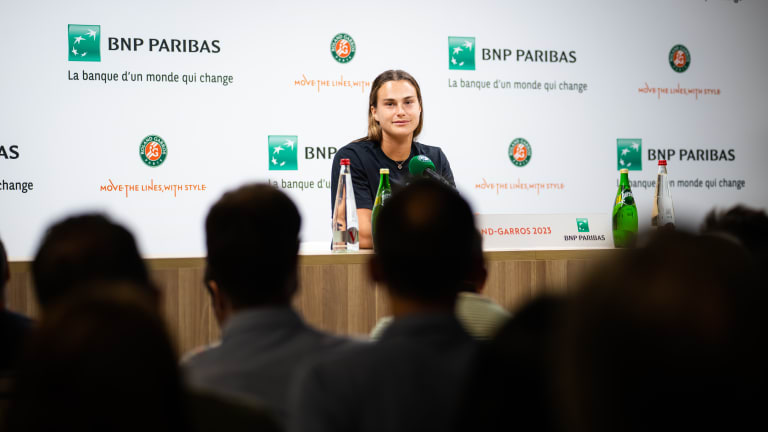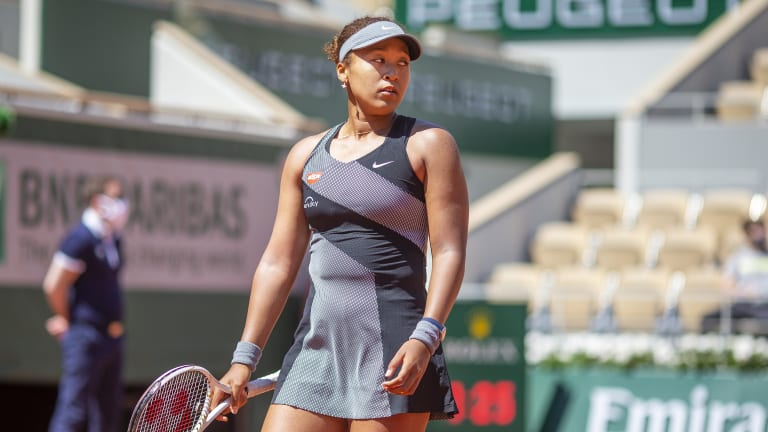They Said What?
On Aryna Sabalenka, a free press and a safe world
By Jun 08, 2023They Said What?
'Big Brother' is watching ... tennis: Many eyes, in many ways, are on the sport in 2025
By Feb 13, 2025They Said What?
“There’s nothing wrong with not being Novak”: Sloane Stephens gets candid on Tennis Insider Club podcast
By Oct 21, 2024They Said What?
"New Heights" with Stefanos Tsitsipas
By May 15, 2024They Said What?
A Class Act, Easily Ignored: Kudos to Ons Jabeur
By May 06, 2024They Said What?
Luca Nardi defeats Novak Djokovic: Teachable moments from a stunning upset
By Mar 12, 2024They Said What?
Are we witnessing a new Daniil Medvedev?
By Jan 25, 2024They Said What?
Dayana Yastremska's racquet is doing the talking at the Australian Open
By Jan 22, 2024They Said What?
Deciding when to retire is a unique case for tennis players. Just ask Andy Murray
By Jan 18, 2024They Said What?
Roger Federer may not be tennis' GOAT, but as Rafael Nadal articulated, he's a 1 of 1
By Jan 06, 2024On Aryna Sabalenka, a free press and a safe world
A closer look at how the Belarusian’s actions played out says a lot about the challenges and value of having a free press.
Published Jun 08, 2023
Advertising
Advertising

Aryna Sabalenka returned to the press room after her quarterfinal win over Elina Sviotlina.
© 2023 Robert Prange
Advertising
Advertising

The chain of events that justified granting Sabalenka relief from her media obligations began at this very tournament two years ago, when Naomi Osaka declared her own intent to skip press conferences.
© Corbis via Getty Images